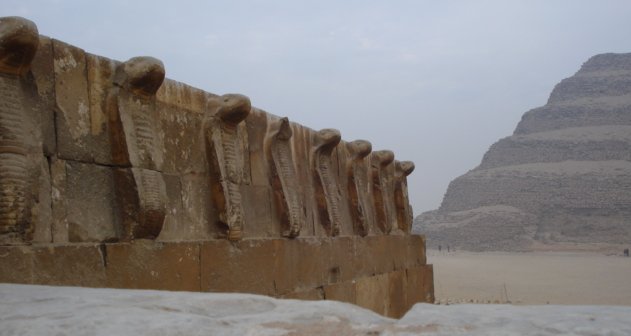
If journalism is the first draft of history, some of the stuff that appears on the new media is like notes jotted on the back of a napkin. How can anybody make sense of this cacophony of contradiction? You can’t, actually. Events don’t make sense until they are put into a narrative. It is true that journalists usually get the first shot at constructing the narrative, but their perspective is limited because they don’t know how the story will end. They usually don’t even have all the current parts and don’t understand the interrelationships. But you have to start someplace.
The first ones to get the story out often have an advantage in shaping narratives because once you have heard a story with facts arranged in particular ways it is hard to see it any other way. And sometimes the facts can be influenced by an information cascade, where each subsequent person is influenced with the one before until everybody thinks everybody else agrees on a formulation that might not be true in detail and sometimes not even true in general. That is why pressure groups and politicians are so enthusiastic about getting their talking points accepted early.
But it doesn’t end there. Subsequent events often change the interpretation of earlier ones. Time may be linear, where causes must precede effects, but memory is not and so perception is not and history is not. Beyond that, truth matters and investigations and comparisons help find more truth (although I don’t think we ever arrive at THE truth, we can get closer if we work at it.)
So what is the second draft of history? It traditionally consisted of memoirs & the results of academic seminars. Henry Kissinger’s “White House Years” or the various Bob Woodward books are other examples. I think what we are seeing more and more today are television documentaries setting at least the intermediate narratives. Programs like PBS Frontline are the obvious example, but lately more pervasive are the kinds of things you see on “History Channel” or “The Military Channel.” These are often appreciated by specialists of those really interested in the facts in question, so they have greater staying power than things aimed at more general audiences.
I have been watching what I think is a rewrite of the Iraq war narrative. The “first draft” featured U.S. troops suffering confused in a confusing environment in a war they couldn’t win. The truer narrative that I see coming out in specialty publications and some military documentary programs is that the Iraq experience was difficult but ultimately successful counter insurgency campaign. It doesn’t discount or overlook the mistakes, but accounts for them in context. My guess is that MOST people still believe the old narrative, but most people really don’t care that much. The people who really care enough to find out are the ones that understand the revised one and ultimately, that revised narrative is the one that will stick after the ephemera is passed.
So in the end it is not only numbers or precedence that counts but also intensity of interest or maybe demonstrated accuracy and consistency with other contemporary and subsequent events. When we want to find out about past events, few of us go to old newspapers. We look for near contemporary analysis and this second draft of history becomes what we (a little loosely) call primary sources. And those sources shape the narrative … usually.
Around 1274 BC the Egyptian Pharaoh Ramses II fought a battle with the Hittites at Kadesh, which is in what is now Syria. The Egyptians wrote the history and Ramses left an impressive monument to his victory. It is the earliest example we know of an attempt to set a narrative. Most historians don’t believe Ramses, but archeological evidence is inconclusive. The Egyptians subsequently pulled back from the region. So even more than 3000 years after the event, the precise narrative is still in dispute. The bottom line is that no matter who won that day, the Hittites got to keep the region. Of course, you don’t find many Hittites around anymore. There are still Egyptians, but they have little in common with the Ramses variety. Astonishingly, some of us still care.
